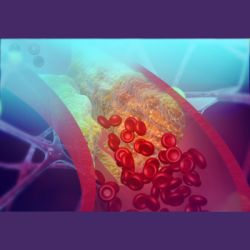According to a study presented yesterday at the 52nd Annual Meeting of the American Society for Radiation Oncology (ASTRO), men with prostate cancer treated with a specialised type of radiation called intensity modulated radiation therapy (IMRT) have fewer gastrointestinal complications compared to patients treated with conventional three-dimensional conformal radiotherapy (3D-CRT).
The study shows that there is a benefit for men with prostate cancer to receive IMRT over conventional treatment in terms of gastrointestinal side effects, although there is no difference between the two treatments in terms of urinary side effects. IMRT is a specialised form of 3D-CRT that better shapes the radiation to the tumor. Using IMRT, it may be possible to further limit the amount of radiation received by healthy tissue near the tumor.
The study used the Surveillance, Epidemiology and End Results (SEER)-Medicare database to compare the gastrointestinal and urinary complications of men 65 years or older with prostate cancer within two years of treatment with IMRT or 3D-CRT. The researchers specifically examined common gastrointestinal side effects like inflammation of the rectum lining (proctitis) and rectal bleeding, along with the urinary side effects like inflammation of the bladder tissue (cystitis) and blood in the urine (hematuria).
The study showed that IMRT was associated with a modest reduction in gastrointestinal complications associated with radiation, including proctitis and rectal bleeding. Urinary complications, such as cystitis and hematuria, did not significantly differ between the groups.























